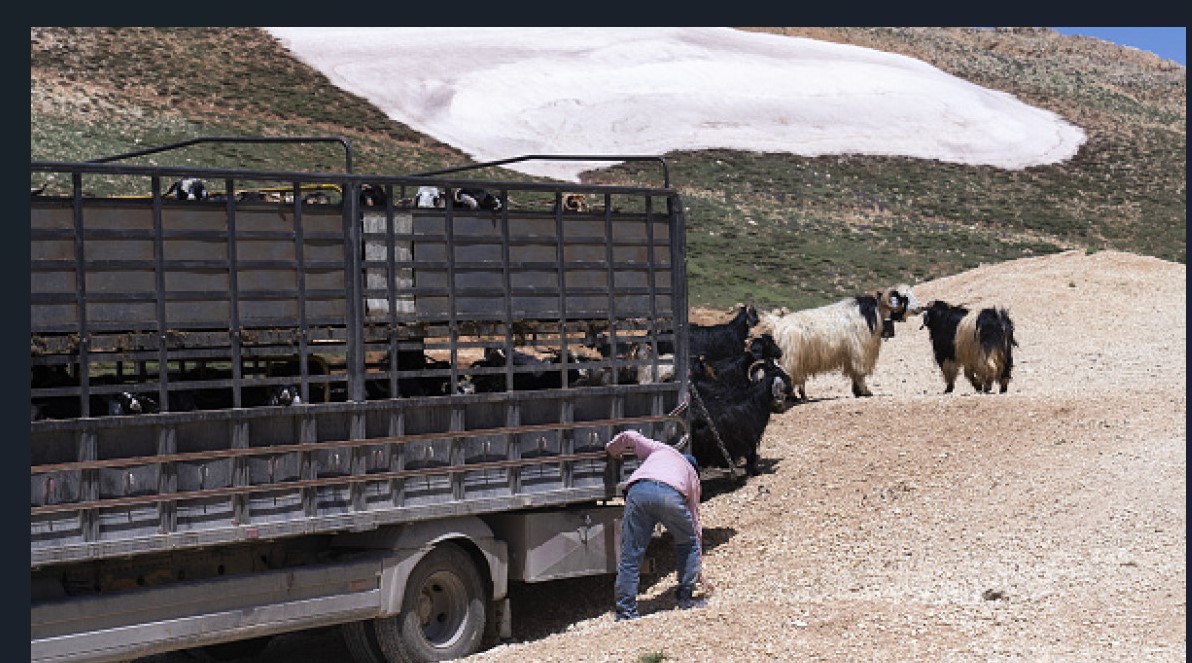
by english.alaraby.co.uk — A Lebanese man accused of smuggling subsidised goods out of the country had a heart attack and died live on-air Friday night as he was being questioned on a TV show. Shukrallah Maalouf, a businessman who deals with animal fodder was a guest on a show on Lebanon’s Al Jadeed TV that exposes corruption cases called “Yaskot Hokm al-Fasid”, or “Down With The Rule of the Corrupt”, hosted by a team of investigative journalists. While being confronted by journalists Riad Kobaissi and Hadi al-Amine with voice recordings of himself, Maalouf seemed to have fallen to the ground. People present started calling out his name to wake him up. His family later said he died, according to local media reports. “Our target isn’t Shukrallah Maalouf, our target is to know who is facilitating this issue [smuggling] for him at the Economy Ministry,” Kobaissi said after the live broadcast cut off with Maalouf. “We told him that the only way out for him was to come [on the show] and tell the truth, tell us who was helping him at the Economy Ministry, and he agreed to cooperate and said he is willing to return all the money to the state and admit who was assisting him,” added Kobaissi, known for his fiery character.
In a series of previous episodes of the popular television show that has focused on scandals related to subsidies, Maalouf had been accused of benefitting from Lebanon’s financial meltdown by smuggling goods out of the country in collaboration with other traders on the black market, as well as collusion by the Economy Ministry. Lebanese for years have blasted the government and authorities for not doing enough to stop the smuggling of essentials such as fuel, wheat and medicine – which for decades had been subsidised – across the border to war-torn Syria and other destinations. Subsidies have gradually been lifted by the cash-strapped Central Bank, as Lebanese reel under hyperinflation and a currency which has lost 90% of its value since late 2019. Billions of US dollars have been spent on these subsidies in the past three years, while depositors are unable to access their frozen savings at the banks.



